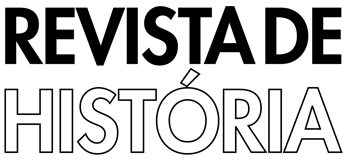Abstract
The Zaba method was a variation of what became known in the 19th century West as the Polish mnemonic method for teaching Universal History, created by Antoni Jazwinski in the 1820s and modified by Jozef Bem in the 1830s. At 1840 another pole, Napoleon Felix Zaba, developed his own version of the method and, over the next four decades, lectured on it in several, including Brazil. This work aims to analyze the reception of the Zaba method at his passage through Bahia, in 1871 june and july, when his lectures were attended by the high echelon of public education of that province, by normalists and primary teachers, giving rise to attempts to adapt the method to Brazil history. We aim to understand how the leaders perceived the effectiveness of the method for History Teaching in Bahia, and how the teachers and normalists mobilized their knowledge and efforts to adapt the issues to primary classes.
Keywords
teaching knowledge; History teaching; Zaba method; teaching objects; mnemonic teaching

 Thumbnail
Thumbnail
 Thumbnail
Thumbnail
 Thumbnail
Thumbnail
 Thumbnail
Thumbnail
 Thumbnail
Thumbnail
 Fonte:
Fonte:  Fonte:
Fonte:  Fonte:
Fonte:  Fonte:
Fonte:  Fonte:
Fonte: